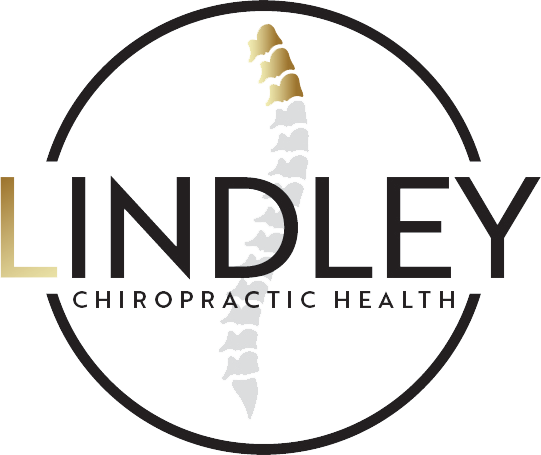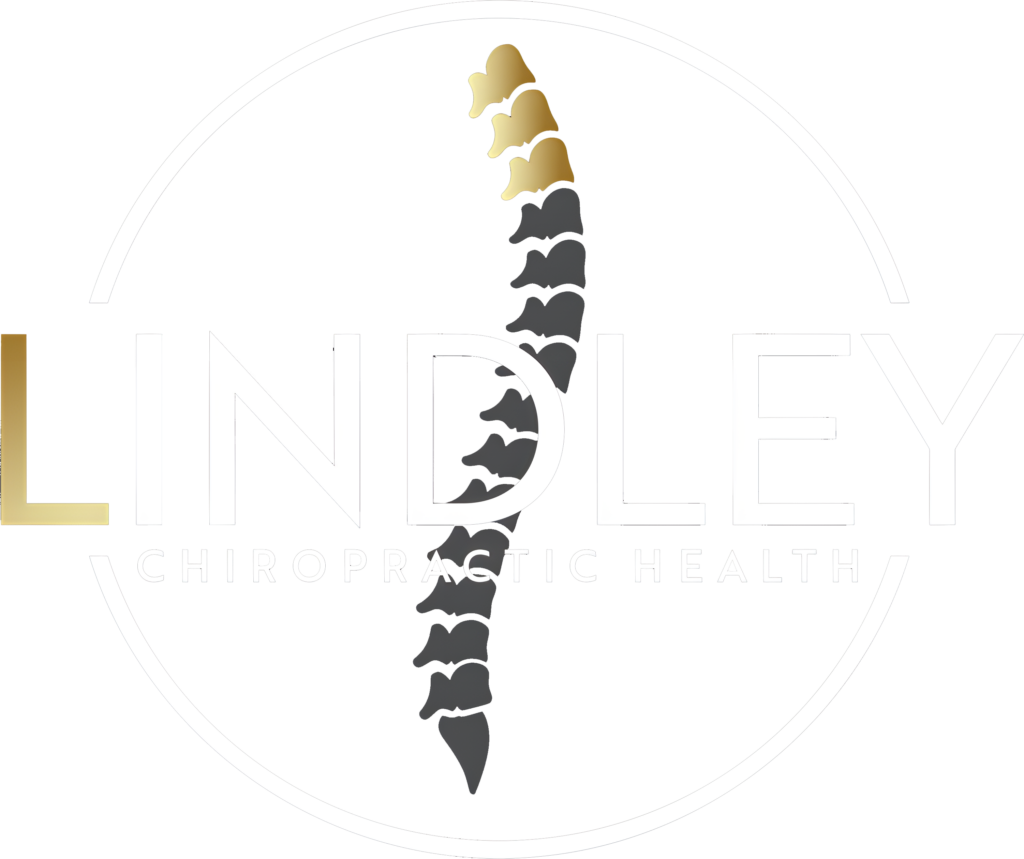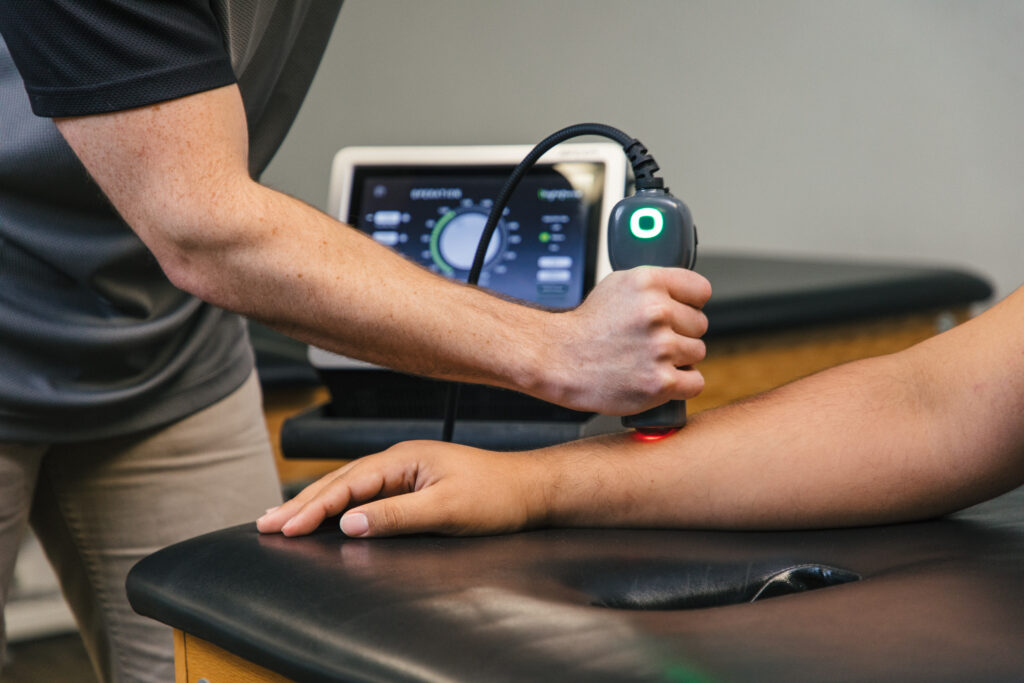What it is:
Pain in the jaw joint, inability to fully open or close the jaw and muscle tension/spasms.
- Pain or tenderness of your jaw
- Pain in one or both of the temporomandibular joints
- Aching pain in and around your ear
- Difficulty chewing or pain while chewing
- Aching facial pain
- Locking of the joint, making it difficult to open or close your mouth
- Headaches
- Mimicked neck/cervical joint dysfunction
Triggers that can cause TMJ dysfunction:
- -Car crashes and the associated whiplash disorder
- -Clenching or grinding your teeth at night
The temporomandibular joint combines a hinge action with sliding motions. The parts of the bones that interact in the joint are covered with cartilage and are separated by a small shock-absorbing disk, which normally keeps the movement smooth.
Painful TMJ disorders can occur if:
- The disk erodes or moves out of its proper alignment
- The joint’s cartilage is damaged by arthritis
- The joint is damaged by a blow or other impact
Treatment:
1). Chiropractic manipulation
- Cervical spine
- TMJ dysfunction
2). Soft tissue massage to very tight muscles in the base of skull/upper neck, upper back regions
- intraoral soft tissue massage to reduce spasm of chewing muscles in mouth/jaw and neck
3). Exercises to promote proper tracking of the jaw when opening and closing the jaw



